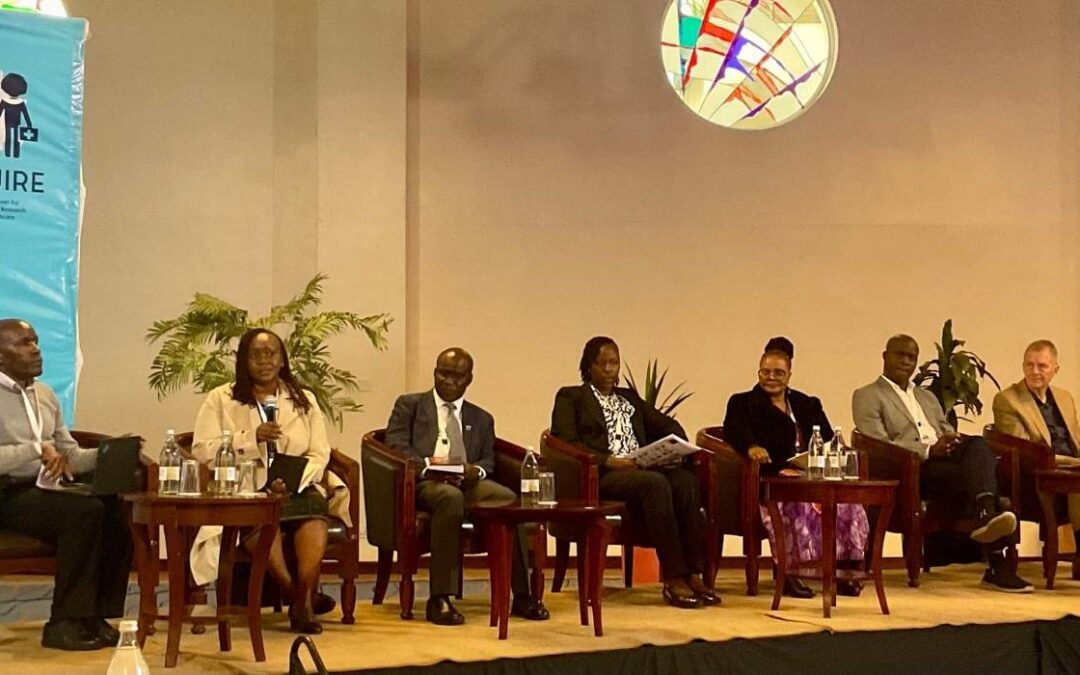Session 4 exposed a fundamental challenge: Africa's healthcare workers enter practice without essential quality improvement (QI) and patient safety training. A comprehensive Kenyan study involving five major institutions revealed that while 80% of participants believed QI should be emphasized in curricula, while fewer than 50% felt it was adequately covered in their training.
The Training Reality Check
Moderator Peter Mutanda and session lead Dr. Carolyne Mukuha presented sobering findings: only 29% of students were aware of QI initiatives in their practice settings, and a mere 40% knew about anonymous incident reporting systems. The study highlighted a critical gap between theory and practice; students learn concepts but lack practical application skills.
Institutional Responses Across the Spectrum
Dr. Peris Kiarie from Kijabe College shared their approach of integrating small-scale QI projects into training, while Prof. Rodney Adam from Aga Khan University highlighted the importance of systems thinking over individual blame. Irene Ogongo from NIA Healthcare stressed the need for organizational readiness assessments before training implementation.
Creativity Needed To Address Resource Constraints
Dr. Maureen Tshabalala from South Africa noted that resource constraints—like lack of soap for handwashing—shouldn’t prevent QI thinking. “We need to help leaders think outside the box,” she emphasized, sharing examples of creative resource mobilization.
Moving Forward
Next Up: Session 5 explores the journey from Quality Assurance to Quality Improvement to Co-Production

